Video ‘Biomacht’
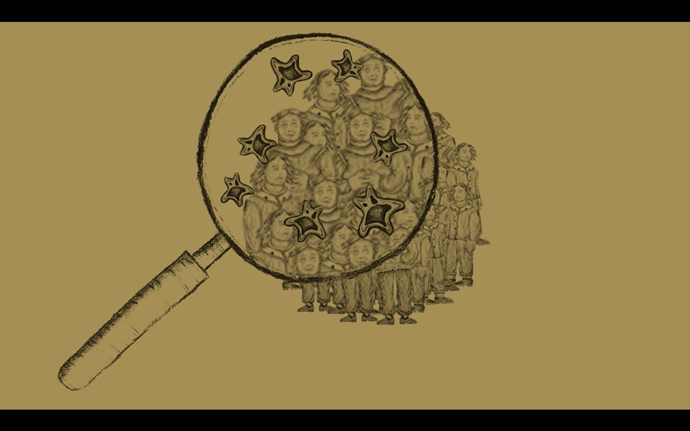
Intro text https://youtu.be/ASjbjrjnKkA
Laureate 2022
Martha Nussbaum
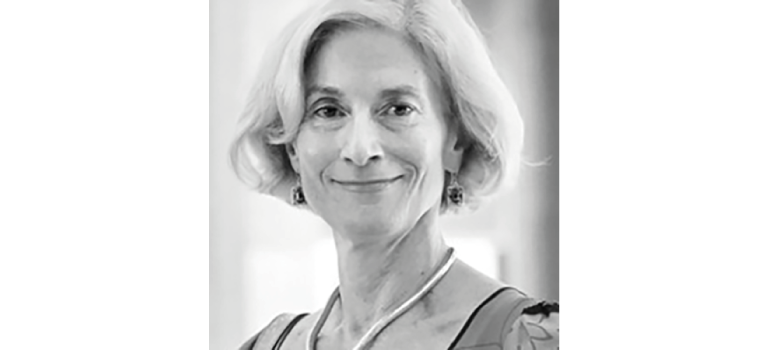
Martha Nussbaum is an original and eminent thinker whose work discusses a broad range of topics that are extremely relevant to the public discussion of healthcare and the (global) distribution issues that come with it. Throughout her work, Nussbaum uses both Western and Eastern sources and gives much attention to the contrasts between North and […]
Laureate 2021
Michel Foucault
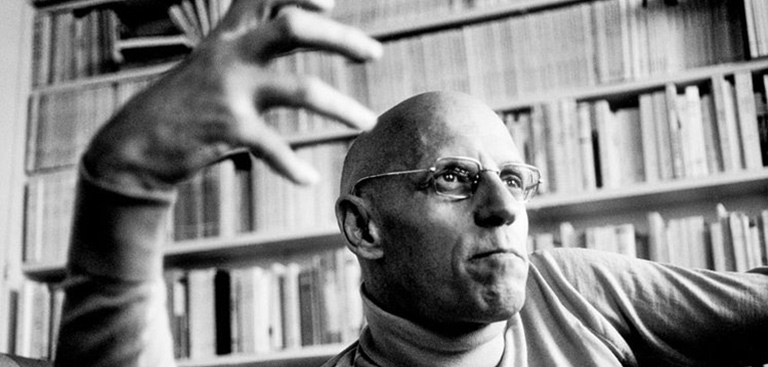
Het werk van Michel Foucault (1926-1984) is bij uitstek geschikt om het denken over gezondheid in een kritisch perspectief te plaatsen. Foucault is telg uit een artsenfamilie, maar verlegt als student zijn aandacht van de geneeskunde naar de filosofie. Toch blijft gezondheid(szorg) een centraal thema in zijn oeuvre. In de laatste jaren van zijn leven […]
Laureate 2020
Bruno Latour
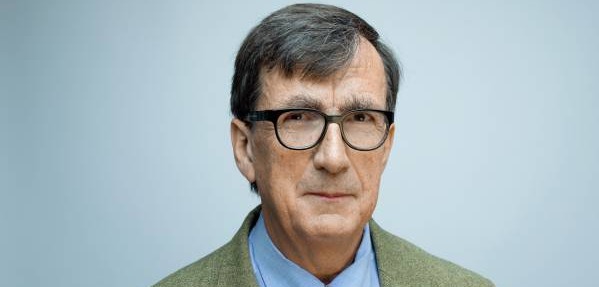
Bruno Latour is one of the first thinkers to have considered technology as a social factor. According to Latour, technology, like science, is not morally neutral. Not only are users responsible for the technology they choose, but creators and producers also have a certain moral responsibility. During the early 1990s, Latour was also one of […]
Spinozalens 2020 awarded to French philosopher Bruno Latour

On the 21st of November the International Spinozaprijs Foundation announced the laureates for 2019-2020. The French philosopher and sociologist Bruno Latour (1949) will receive the Spinozalens 2020 on November 24, 2020. British mathematician Alan Turing (1912-1954) will be honoured with an educational brochure for secondary education. The Foundation revealed the two laureates’ names during a meeting in the official residence of the mayor of Amsterdam.
Bruno Latour Lecture and Spinozalens 2020 award ceremony
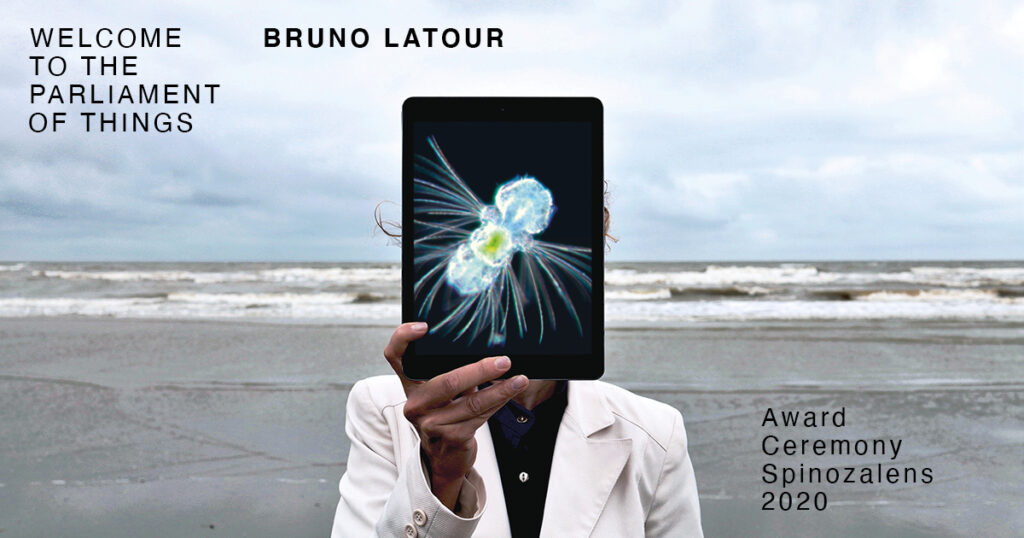
On November 23rd 2020, Spinozalens laureate Bruno Latour will give a live-streamed lecture for Radboud Reflects. The following day Femke Halsema, the Mayor of Amsterdam, will award Latour the Spinozalens 2020 in an online ceremony. Both events will be available to watch on YouTube. Within the context of the Spinozalens 2020, Bruno Latour will give a lecture […]
Laureate 2019
Alan Turing
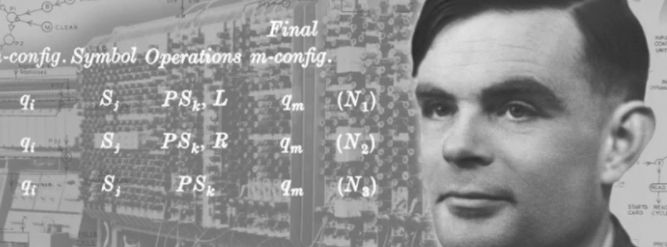
Alan Turing is considered the father of computing. During the Second World War he secretly built a machine that could be used to crack the German Enigma code; this forerunner of the computer saved countless numbers of lives. Turing was also one of the first scholars to question the relationship of humans with digital machines.
Laureate 2018
Dominique Moïsi
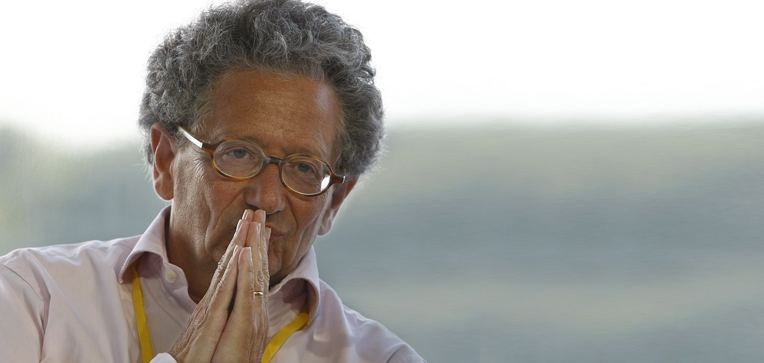
Dominique Moïsi is an influential French-Jewish political scientist and an acclaimed expert on international relations. In Paris, the city where he lives, he is connected to the Institut Montaigne; and he is co-founder of the Institut français des Relations Internationales. Recently, he has been visiting professor at Harvard University and King’s College in London. He is also the author of several widely acclaimed books. The most well-known, The Geopolitics of Emotion: How Cultures of Fear, Humiliation, and Hope are Reshaping the World, has been translated into Dutch.
Laureate 2017
Jan Patočka
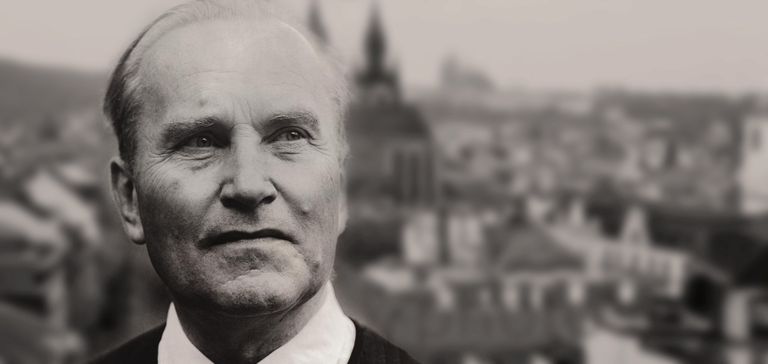
Jan Patočka was born in Bohemia in 1907. He died in Prague in 1977, forty years ago. He is considered one of the most important Czech philosophers, and one of the most influential philosophers of the 20th century in Central Europe. Patočka´s main themes are subject body, human community, and the understanding of “world.”
Laureate 2016
Kwame Anthony Appiah
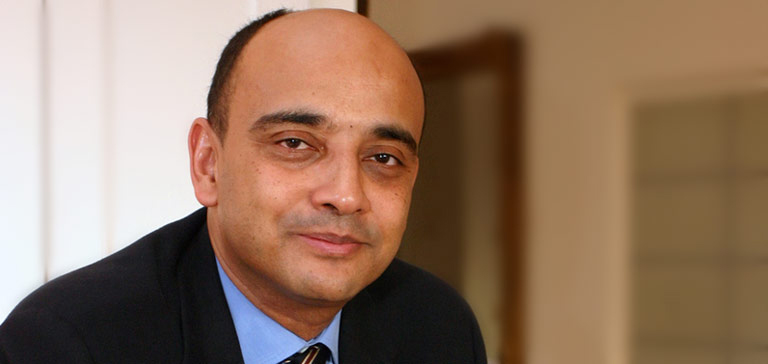
Kwame Anthony Appiah (1955) is a British-Ghanaian philosopher and writer. A son of Ghanaian politician Joe Appiah and children’s book writer Peggy Cripps, he was born in London but spent his childhood in Ghana. He returned to the United Kingdom to study. He earned his Ph. D. in philosophy at Clare College, Cambridge University. Appiah […]
